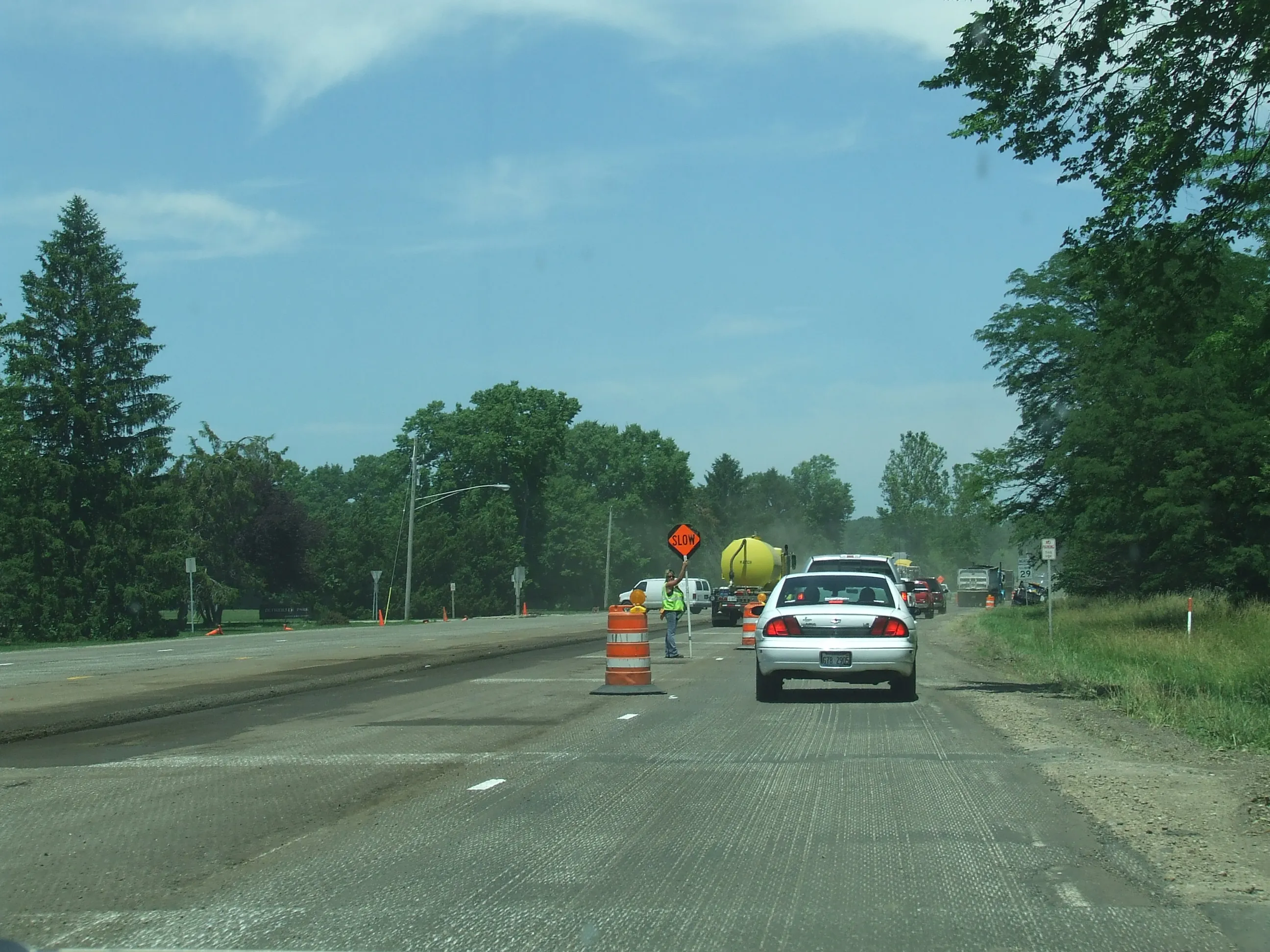The latest survey from the American Road & Transportation Builders Association's (ARTBA) suggests a worrying trend for US road and bridge construction in 2011.
February 23, 2012
Read time: 2 mins
RSSThe latest survey from the American Road & Transportation Builders Association's (ARTBA) suggests a worrying trend for US road and bridge construction in 2011. The annual ARTBA survey of the US predicts a 4.4% drop in 2011 highway and bridge construction activity. This comes as a result of continuing budget challenges for state and local governments, uncertainty surrounding a new long-term federal surface transportation bill, and winding down of infrastructure investment under the stimulus law, according to ARTBA. The annual forecast from ARTBA's vice president of policy & senior economist Alison Premo Black expects the real value of US highway, street and bridge construction to fall to US$78.5 billion, compared to 2010's estimated $82.2 billion.
On a more positive note though, the amount of work completed on bridges is expected to increase to $25.4 billion in 2010 according to Black. The value of real work in the bridge market has nearly doubled in the last 10 years as state and local governments have increasingly addressed long-deteriorating conditions. Black notes that the stimulus, known as the American Recovery & Reinvestment Act (ARRA), had positive impacts on the market in 2010.
According to recent2410 Federal Highway Administration data, the value of ARRA-related transportation projects under construction was $18 billion. Nearly $16 billion has been paid out for construction work performed, and the value of projects completed was $6 billion. State and local governments continue to struggle with the current economic situation and in the aftermath of the recession. California is particularly hard hit given the poor state of its finances and huge debts. She said, "Although state and local investment typically accounts for 57% of the value of construction work, this percentage fluctuates and the state and local market share will often decline after a recession. States also tend to hold back on larger projects and simply maintain their programs until they know the new transportation funding levels from the federal government." Nevertheless, individual state highway and bridge programs will show growth next year, although it will be uneven. She said that there are 23 states which have increased their contract awards.
On a more positive note though, the amount of work completed on bridges is expected to increase to $25.4 billion in 2010 according to Black. The value of real work in the bridge market has nearly doubled in the last 10 years as state and local governments have increasingly addressed long-deteriorating conditions. Black notes that the stimulus, known as the American Recovery & Reinvestment Act (ARRA), had positive impacts on the market in 2010.
According to recent







